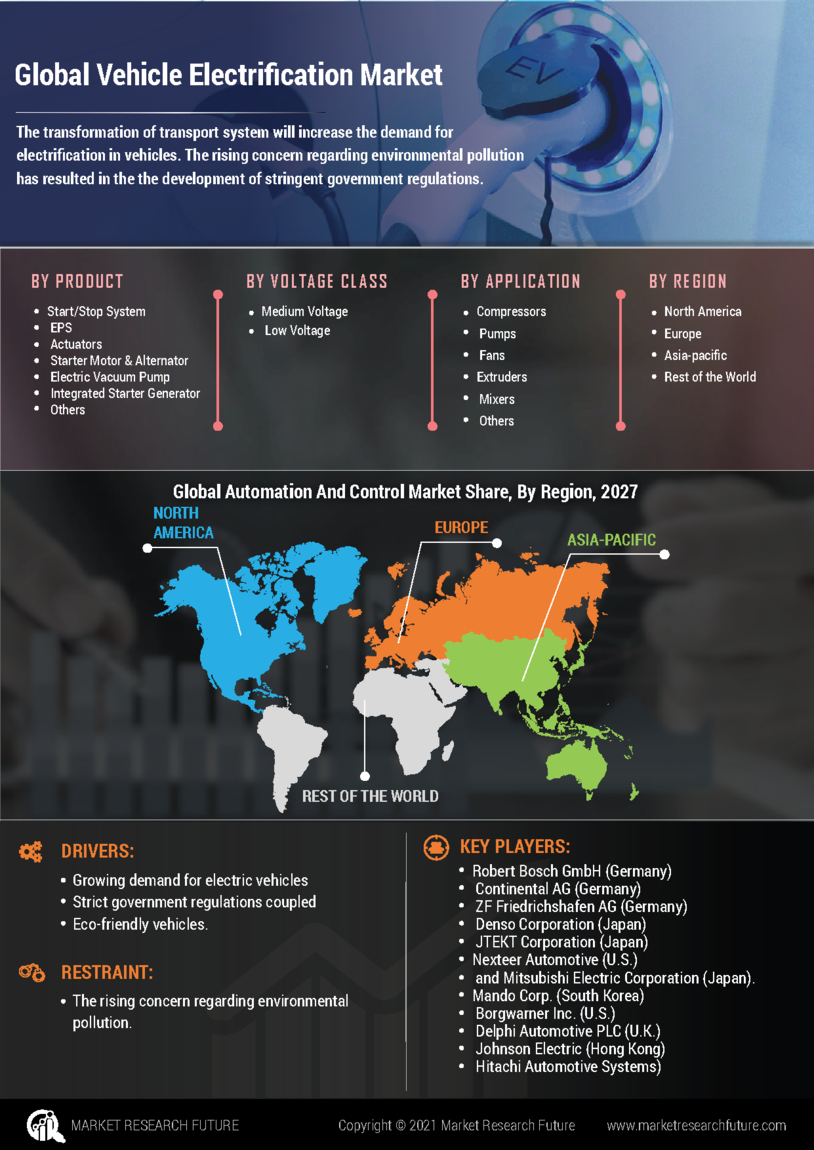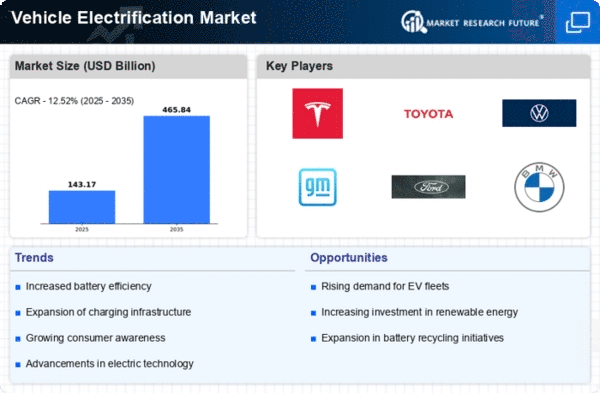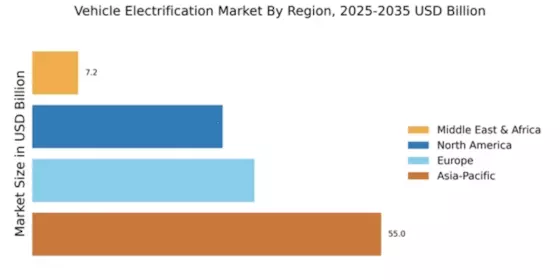Research Methodology on Vehicle Electrification Market
Market Research Future (MRFR) has used both primary and secondary sources of information to gather the data used to arrive at the market values, market growth projections, and key player and product segments. Primary sources are telephone interviews and surveys, as well as email interactions, with industry players. Users platform analytics and third-party market research institutions were used to glean information on the market, which would then be reconciled and studied further.
MRFR utilized both primary and secondary research sources, examining and researching an array of regional, national, and global research databases and reports. This encompassed relevant data from trade and government reports, existing supply chain reports, and statistical surveys. The research team was able to identify qualified sources for their work as well as for quantitative and qualitative data to make projections for market dynamics and competitive analysis along with forecasts for 2023 to 2030.
Primary sources methods utilized include:
- Trade associations
- Interviews with industry executives, professional associations, government agencies, and trade press
- Directories and product databases
- Consumer behaviour surveys and market research reports
- Company press releases
- Internal and external proprietary databases
- Suppliers, manufacturers, trade shows, and industry conferences
While secondary sources methods consisted of:
- Industry reports
- Global reports
- Company reports
- News and analyst information
- Magazine articles
- Research papers
- Books, conference proceedings & white papers
MRFR used the following sources to gather information and validate the market values and forecasts:
- Secondary Sources
- Company websites
- Bespoke research
- Published annual reports
- Quarterly reports
- Market reviews
- Scientific journals
- Trade magazines
- Market research reports
- Investment research reports
- Investment reports
- Market reports
- Government documents
MRFR's research methodology was able to reduce the gap between demand and supply. In addition, it helped identify key players and the strategies they followed to establish themselves in the global vehicle electrification market. The research methodology also enabled MRFR to gauge emerging strategies and market developments that pointed towards changes in second and third-tier market dynamics.
MRFR's research is based on four data points; market share, market size, industry development, and forecast. The information gathered was segmented and covered market focus, secondary sources, historical data, primary sources, and industry-specific research.
Data synthesis began before the final stages of the project. MRFR used a 'Multiple-Stage Filtering Process' to optimize the accuracy of the research report.
During the final stages of the research project, the data was used to run back-testing. It was meant to identify the consistency between the primary data, the results of the analysis, and the data collected through segmentation. The back-testing enabled MRFR to validate and provide a certain level of reliability to the results that were then published in the report.
Calibration the final step in the research process was done to ensure that actuals values were parallel to the results of the analysis. This was done jointly with the client's experts to ensure that the correct conclusions were drawn.
The research report gives marketers further insight into the market, which can enable them to identify untapped opportunities. The value of the global vehicle electrification market was determined by obtaining the values of each segment. The bottom-up process was implemented to get the global value and then to arrive at the regional and segmental values of the vehicle electrification market.
MRFR's research methodology is at the core of its service. They believe in providing robust and consistent forecasts for global, regional, and local market. Also, their research methodology adopts best international practices and collects only top-quality industry data and facts. This is why deciding on a reliable research partner is one of the main reasons why clients must decide on MRFR for all their research-based needs.

















